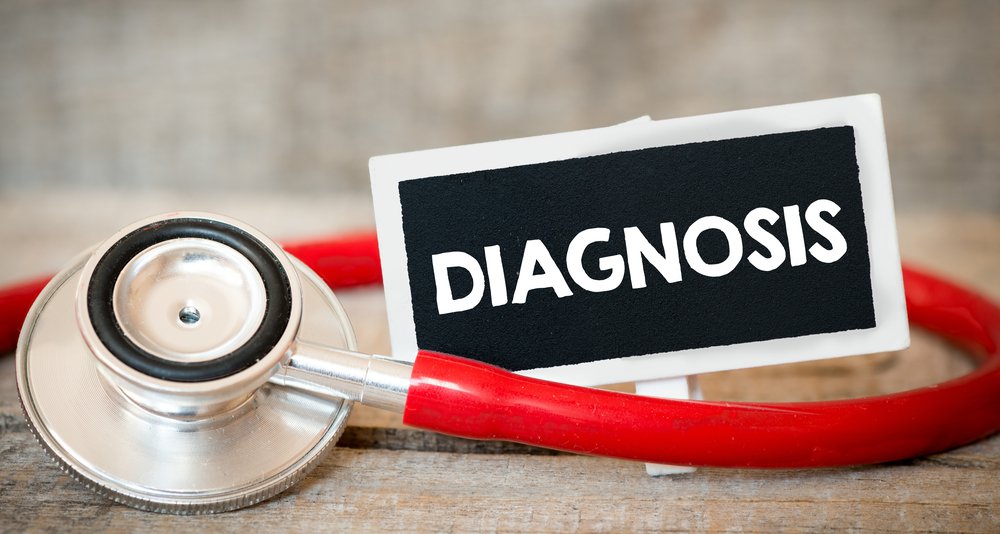
An interesting article in the journal Pediatrics is both intriguing and sobering. It is intriguing because it lays bare something we don’t talk much about or teach our students about; it is sobering because it describes the potential harm that can come from it, harm I have personally witnessed. The issue is overdiagnosis, and it’s related to our relentless quest to explain everything.
Overdiagnosis is the term the authors use to describe a situation in which a true abnormality is discovered, but detection of that abnormality does not benefit the patient. It’s not the same as misdiagnosis, meaning the diagnosis is inaccurate. It is also distinct from overtreatment or overuse, in which excessive treatment is given to patients for both correct and incorrect diagnoses. Overdiagnosis means finding something which, although “abnormal,” doesn’t help the patient in any way.
Some of the most controversial and compelling discussions of overdiagnosis come from cancer research. Two of the most common cancers, prostate cancer for men and breast cancer for women, run smack into the issue. As a pediatrician, I don’t treat either one, but the concept certainly applies to children’s health. It is generally true early diagnosis and treatment of cancer is better than late diagnosis and treatment — usually, not always. A problem can arise when we use screening tests for early cancer as a mandate to treat them aggressively when we find them.
The PSA (prostate-specific antigen) blood test was developed when researchers noticed it went up in men with prostate cancer. From that observation, it was a short but significant leap to use the test in men who were not known to have cancer to screen for its presence. The problem is at least two-fold. There is overlap in the test numbers between cancer and normal, and many small prostate cancers, even when present, do not progress quickly. Since the treatment for prostate cancer is seriously invasive and has several bad side effects, the therapy may be worse than the disease, especially in older men. You can read more about the PSA controversy.
There are similar questions about screening for breast cancer; early detection is a good thing, but how early in life and how often should otherwise low-risk women be screened? This issue also has caused fierce debates. There are other examples, but these two serve to highlight the problem of finding a middle ground between overdiagnosis and underdiagnosis.
Children don’t get cancer very often, but there are plenty of examples of overdiagnosis causing mischief with them, too. The linked article above describes several common ones. A usual scenario is getting a test that, even if abnormal, will not lead to any meaningful effect on the child’s health. Additionally, an abnormal test then typically leads to getting other tests, which can lead to other tests, and so on down the rabbit hole. I have seen that many times. As the authors state:
Medical tests are more accessible, rapid, and frequently consumed than ever before. Discussions between patients [or their parents] and providers tend to focus on the potential benefits of testing, with less regard for the potential harms. Yet a single test can give rise to a cascade of events, many of which have the potential to harm.
In evaluating the importance of overdiagnosis in a condition at the population level, we propose focusing on the frequency of overdiagnoses relative to needed diagnoses, the ratio of potential benefits from needed diagnoses to potential harms from overdiagnoses, and the amount of resource utilization resulting from overdiagnosis.
This is kind of a new frontier in medicine, and the issue grows larger as the huge number of diagnostic tests we have mushrooms every year. For a parent, a good rule of thumb is to ask the doctor not just what the benefits of a proposed test are, but also the risks. Importantly, ask what the doctor will actually do with the result. We are prone to think more information is always a good thing, but that clearly is not the case. And never, ever get a test just because you (or your doctor) are merely curious. If you’re interested in some of the specific conditions the authors discuss there is a useful table in the article. Several of them, such as neonatal jaundice and gastroesophageal reflux, are quite provocative in their implications.
Christopher Johnson is a pediatric intensive care physician and author of Keeping Your Kids Out of the Emergency Room: A Guide to Childhood Injuries and Illnesses, Your Critically Ill Child: Life and Death Choices Parents Must Face, How to Talk to Your Child’s Doctor: A Handbook for Parents, and How Your Child Heals: An Inside Look At Common Childhood Ailments. He blogs at his self-titled site, Christopher Johnson, MD.
Image credit: Shutterstock.com
